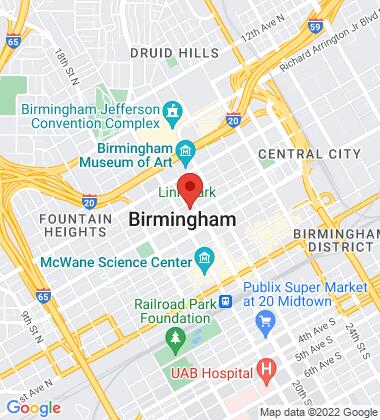The first step in any criminal court case is a plea from the defendant. The court reads the charges that the prosecution has brought before the defendant, and the defendant has the option of choosing how they respond to those accusations. In general you have three options: guilty, not guilty, or no contest. These three choices have drastically different consequences, so you need to know what each of them means in order to make the most prudent decision. On this blog, we’ll explain each of them.
A Not-Guilty Plea
The “not guilty” plea is one of the two easiest plea options to understand. Essentially, if you plead “not guilty” to your charges, you’re saying that you dispute the accusations brought against you and that you didn’t actually commit the crime you’re being arraigned for. This plea then opens the case for deliberation between the prosecution and defense, where both sides present their arguments and then either jury or the judge themselves gives their verdict as to whether the defendant is guilty or not guilty. (In DUI cases, you don’t always get to present your case before a jury, and in fact sometimes it’s better not to because of the added hassle, cost, and time requirements of doing so.)
A Guilty Plea
Pleading “guilty” to the charges read against you is accepting the charges against you and saying that you did in fact commit the offenses listed. You will be convicted of the charges brought against you and the judge will then sentence you as they feel is appropriate based on the circumstances of your offenses and what the laws have to say. There’s one thing you should know as someone who stands accused of a DUI offense: you should never plead guilty without consulting with a Birmingham DUI attorney first. Doing so could lead to harsh and potentially life-changing consequences, so you want to make sure you always consult with a representative who can give you sound advice and guide you towards the correct decisions for the best possible outcome.
A No Contest Plea
“No contest” isn’t a sort of “happy medium” between either guilty or not guilty accusations. In fact, “no contest” is essentially you saying that you don’t wish to contest any of the accusations brought against you, so it is in essence another way of pleading “guilty.” However, there’s an important legal distinction between this plea and a guilty plea: “no contest” does not carry an admission of liability.
What does this mean? Let’s use an example: say you are accused of driving under the influence after a severe accident. While the evidence against you may be pretty irrefutable, the facts pretty clearly show that the driver you struck veered into your lane because they were distracted by their cell phone. If you were to plead “guilty,” the other driver could claim you admitted fault to the accident in your criminal charges, and thus you’re liable for the injuries and property damage they sustained. However, when you plead “no contest,” the other party can’t use that plea as an admission of guilt, and you can contest the accusations that you’re at fault for the accident and the other driver’s injuries. Thus when the injury trial comes around, you can still prove the other driver was the one at fault and even potentially claim damages from them for the injuries you sustain yourself.
If you’ve been arrested and charged with driving under the influence, speak with a Birmingham DUI attorney from Tidwell Law Group as soon as possible. Start protecting your rights today; contact us by dialing (205) 536-7770 for a case evaluation.

